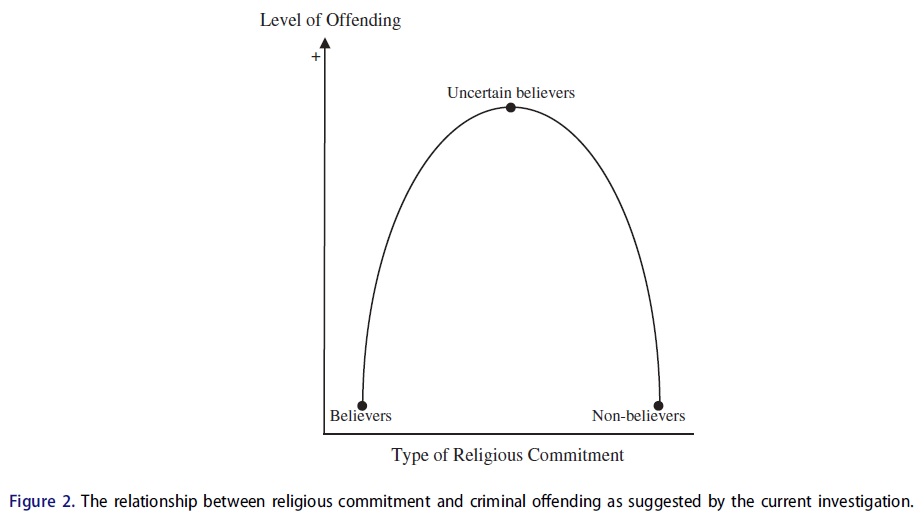Maximilian
Energetic proclaimer of Jehovah God's Kingdom.
On Atheism-
1. Abiogenesis is true.
2. Pre-Biotic Evolution is true.
3. It's fine to murder babies.
4. Morality does not exist.
5. Nothing should stop gays from marrying their boy lovers.
Therefore, these feel that there was nothing and nothing happened to nothing and then nothing magically exploded for no reason, creating everything, and then a bunch of everything magically rearranged itself into self-replicating bits which then magically came to life.
Therefore, we are merely concomitant nimieties of the natural world having developed fairly recently on a minute speck left high and dry somewhere in a dreary and meaningless universe, doomed to oblivion one by one and certainly collectively in a relatively not too distant future.
As a world-famous proponent of this philosophy candidly expressed-
As such, Atheism is a threat to all who love life and choose to live morally.

1. Abiogenesis is true.
2. Pre-Biotic Evolution is true.
3. It's fine to murder babies.
4. Morality does not exist.
5. Nothing should stop gays from marrying their boy lovers.
Therefore, these feel that there was nothing and nothing happened to nothing and then nothing magically exploded for no reason, creating everything, and then a bunch of everything magically rearranged itself into self-replicating bits which then magically came to life.
Therefore, we are merely concomitant nimieties of the natural world having developed fairly recently on a minute speck left high and dry somewhere in a dreary and meaningless universe, doomed to oblivion one by one and certainly collectively in a relatively not too distant future.
As a world-famous proponent of this philosophy candidly expressed-
-Ted Bundy, paraphrased and rewritten by Harry V. Jaffa, Homosexuality and the National Law (Claremont Institute of the Study of Statesmanship and Political Philosophy, 1990), 3–4"The greatest obstacle to my freedom, the greatest block and limitation to it, consists in the insupportable ‘value judgment’ that I was bound to respect the rights of others. I asked myself, who were these ‘others’? Other human beings, with human rights? Why is it more wrong to kill a human animal than any other animal, a pig or a sheep or a steer? Is your life more to you than a hog’s life to a hog? Why should I be willing to sacrifice my pleasure more for the one than for the other?
Surely, you would not, in this age of scientific enlightenment, declare that God or nature has marked some pleasures as ‘moral’ or ‘good’ and others as ‘immoral’ or ‘bad’? In any case, let me assure you, my dear young lady, that there is absolutely no comparison between the pleasure I might take in eating ham and the pleasure I anticipate in raping and murdering you. That is the honest conclusion to which my education has led me—after the most conscientious examination of my spontaneous and uninhibited self.”"
As such, Atheism is a threat to all who love life and choose to live morally.


